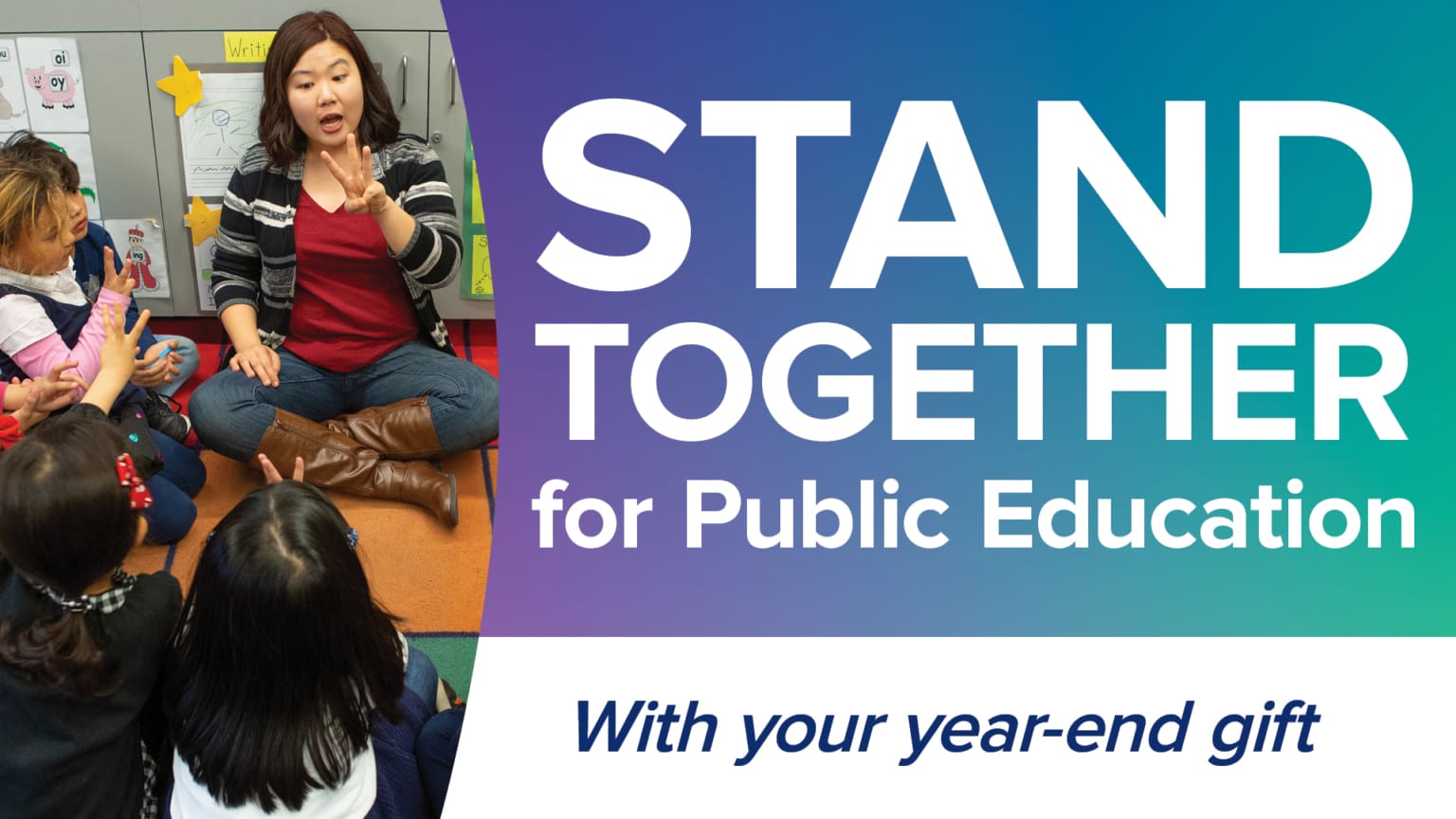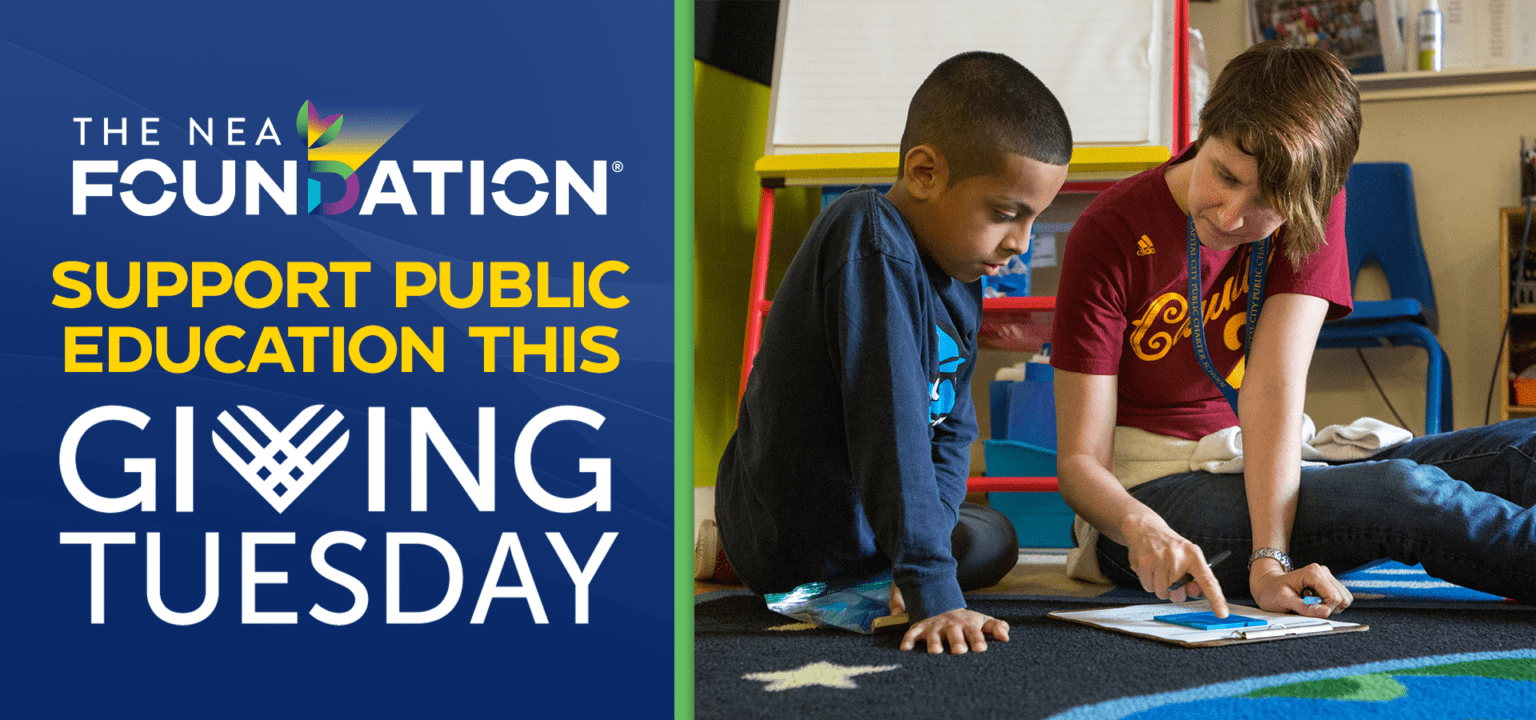By Jeff Baxter
2015 NEA Foundation Global Learning Fellow
and English educator at Leavenworth Senior High School in Leavenworth, Kansas

Photo: NEA Foundation Board Member Kim Oliver-Burnim (left) and Jeff Baxter (right) at Machu Picchu
The NEA Foundation’s Global Learning Fellows first day in Lima, Peru, was Father’s Day. At least, it was Father’s Day in the United States. I did not know about Peru. That morning, we visited the Larco Herrera Museum and learned of the extraordinary Peruvian culture, which pre-dated the rise of the Incan Empire: the condor, the puma, and the snake, representing the three levels of life.
That afternoon, Brett Bigham, another Global Learning Fellow, and I took a walk from our hotel to Kennedy Park, better known as the “cat park” for the scores of felines of all shapes, sizes, and colors who shared the park with local citizens.
I was an overwhelmed alien in a beautiful country where my English language was nearly useless to express my appreciation for the rich Peruvian culture. Little did I know I was about to experience the power of global competency firsthand.
“You are American, no?” a middle-aged man asks. I am not sure how to respond, cautious and apprehensive at the man’s candor.
“Sí,” I say, in my best, but limited Spanish. I wonder how my being American is so obvious.
He tells me he has just returned from Los Angeles after visiting his brother’s family.
I struggle to come up with Spanish words that make sense and do not offend.
“¿Es usted un padre?” he asks.
“Sí, tres veces,” I say. Somehow he understands my limited Spanish vocabulary.

Photo: Fellows Janis Elliott of Nebraska (left) and Jeff Baxter (right) meet Peruvian students
For the next ten minutes, Claudio and I shared in our sparse English and broken Spanish the joys of fatherhood.
My global competency experience revealed that we had more in common than we had different. Both of our daughters were college graduates, both of us had two grandchildren whom we loved to spoil, and both of us embraced our role as conscientious parent and grateful grandfather. Our limited vocabulary did not interfere with our appreciation of each other’s shared culture, including the celebration of Father’s Day.
In our global society, we often begin relationships with faulty assumptions that focus on differences rather than similarities. We profile based on these assumptions. But on this day, two fathers shared what brings them joy, what shapes their hopes, and what brought them together – family.
When I return to the classroom this fall, I will share with my students this global competency lesson: The tribes of humanity share much more in common and that the differences are special more than peculiar. Despite our differences in food, language, and custom, we cherish our children, celebrate life, and hope for peace. The “global village” is no longer theory – it is reality.








